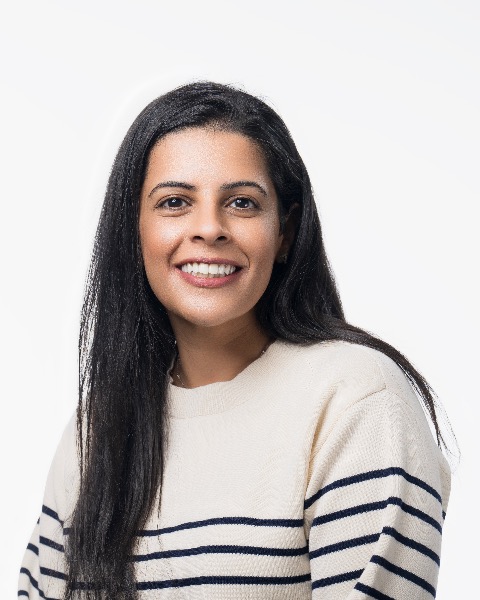Paper Presentation
Clinical Ethics
Session: Trust and Truth-Telling
Truth-telling and Devastating Disclosures: Navigating the Tension between Ethical and Cultural Obligations in Saudi Arabia.
Thursday, September 19, 2024
10:45 AM – 11:45 AM CT
Location: Midway 7-8 (First Floor)
Keywords: Cultural Obligations, Ethical Duty
Abstract: Truth telling is the process by which impactful information regarding serious or terminal conditions, poor prognoses, and end-of-life decisions is communicated to patients. It serves multiple aims; first, it is essential to adequately informed consent; second, it respects patients’ rights to self-determination, third, it fulfills practitioners’ ethical obligations; and fourth, it promotes trust between patients and practitioners.
In Saudi Arabia, research suggests that patients support truth telling, prefer a more collaborative role in decision-making, and want to be involved in difficult decisions at the end-of-life. However, evidence also finds a disparity between the preferences of patients and their relatives, with family members favoring withholding information from patients to honor and protect them. The perspectives of Saudi practitioners, and the challenges they encounter when faced with these oft-contrasting preferences is not as well explored.
This qualitative study attempts to understand the experiences of practitioners who routinely encounter moral uncertainty in the process of truth telling, particularly in the face of strong family opposition. Through thematic analysis of in-person interviews with senior oncologists, this study identifies the factors that influence decisions in these complex situations.
Participants reported significant conflict between the ethical duty to disclose, and the cultural norms of a traditionally communal and family-based Saudi society. This was particularly apparent in Western trained participants even if they themselves were Saudi. Ultimately, participants relied on their close relationships with their patients to determine their readiness to receive devasting information. The patient’s age, religiosity, and educational level were significant factors in these assessments.
In Saudi Arabia, research suggests that patients support truth telling, prefer a more collaborative role in decision-making, and want to be involved in difficult decisions at the end-of-life. However, evidence also finds a disparity between the preferences of patients and their relatives, with family members favoring withholding information from patients to honor and protect them. The perspectives of Saudi practitioners, and the challenges they encounter when faced with these oft-contrasting preferences is not as well explored.
This qualitative study attempts to understand the experiences of practitioners who routinely encounter moral uncertainty in the process of truth telling, particularly in the face of strong family opposition. Through thematic analysis of in-person interviews with senior oncologists, this study identifies the factors that influence decisions in these complex situations.
Participants reported significant conflict between the ethical duty to disclose, and the cultural norms of a traditionally communal and family-based Saudi society. This was particularly apparent in Western trained participants even if they themselves were Saudi. Ultimately, participants relied on their close relationships with their patients to determine their readiness to receive devasting information. The patient’s age, religiosity, and educational level were significant factors in these assessments.
Learning Objectives:
After participating in this conference, attendees should be able to:
- Understand disclosure practices in different cultural contexts.
- Identify potentially conflicting ethical obligations regarding truth-telling.
- Navigate tension between ethical and cultural obligations

Ruaim A. Muaygil, MD, PHD, HEC-C ((she/her/hers))
Associate Professor of Healthcare Ethics
King Saud University
Riyadh, Ar Riyad
